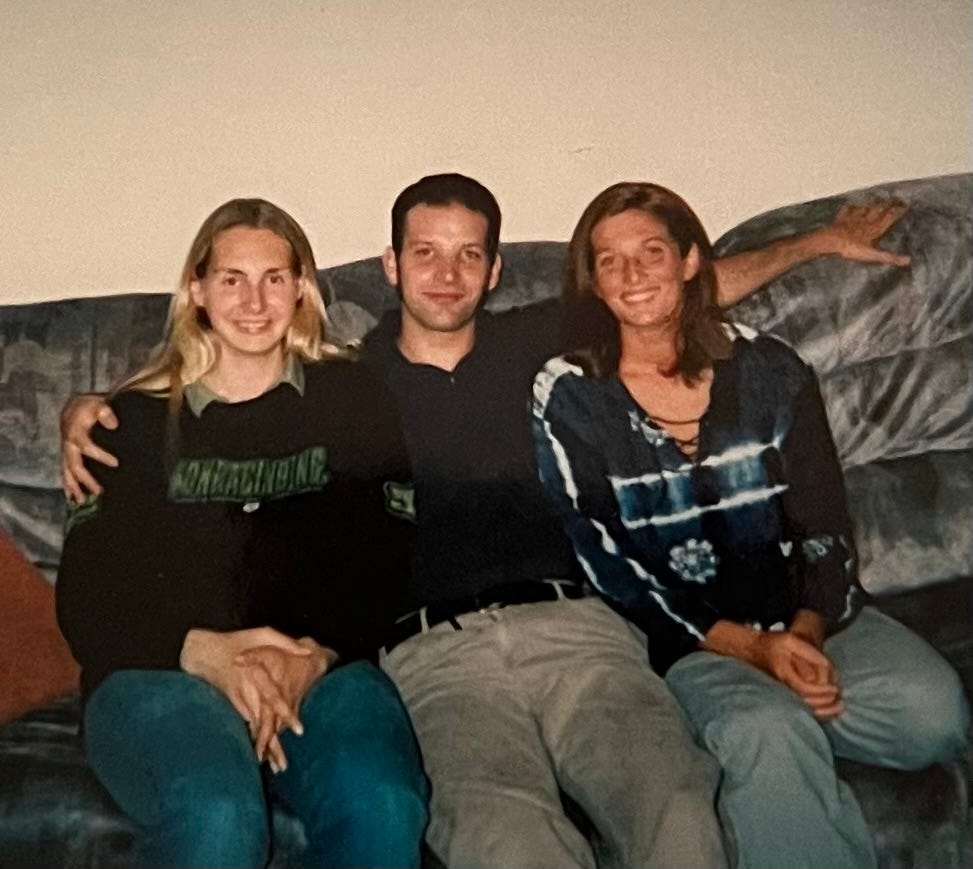There are people who will tell you that pain is random. That your illness was genetic. That your fatigue is just burnout.
That your symptoms are all in your head, or all in your gut, or all because you didn’t take care of yourself the way you should have.
They’ll say it kindly, if they’re polite.
Clinically, if they’re trained.
Dismissively, if they’re scared.
But suffering isn’t random. It’s assigned.
Sometimes by the systems we live under.
Sometimes by the soul that came here to break something open.
And sometimes by both, at once—one building the pressure, the other knowing exactly when and how it will rupture.
That rupture is not the end of you. It’s the moment your real life begins.
The body doesn’t betray you. It communicates.
Pain is not dysfunction. It’s information.
Illness is not failure. It’s response.
But we weren’t taught that.
We were taught to pathologize our experience.
To make ourselves manageable.
To suppress what we feel.
To believe that something was wrong with us—chemically, psychologically, or spiritually—when in fact something was responding exactly as it was meant to.
You were suffering because you were being pulled out of alignment.
By the stories.
By the roles.
By the years you spent swallowing lies to stay safe, to stay loved, to stay allowed.
And maybe it worked for a while.
Maybe the system rewarded you.
Maybe your life looked good on paper.
But the body doesn’t care about paper.
The body keeps score, and then it calls the meeting.
When the pain arrived, it wasn’t random.
It was precise.
It showed up in the exact place where you were holding what couldn’t be held any longer.
The diagnosis came when it did, not because you failed, but because you were finally ready to listen.
And maybe you didn’t know that at the time.
Maybe you spiraled.
Maybe you let them sedate you.
Maybe you begged the wrong people for help.
Maybe you thought you’d never come back.
But something in you stayed.
And it kept listening.
Even under the noise.
Even through the breakdowns.
Even in the waiting rooms and the panic attacks and the scripts you couldn’t read through the fog.
That part of you is still here. And it’s the one reading this now. So let’s be honest about something:
There are people who suffer as a consequence of systemic abuse, and people who suffer as a consequence of personal avoidance.
And then there are people—perhaps people like you—who suffer because you carry codes the system can’t integrate.
You weren’t sick. You were incompatible.
And the system doesn’t know what to do with the incompatible.
It can’t control them.
It can’t fix them.
So it tries to wear them down.
One pill at a time.
One unremarkable dismissal at a time.
One misdiagnosis.
One lost file.
One unrelenting loop that says: “It’s your fault, it’s your body, it’s your thinking, it’s your fault.”
You were meant to believe that.
You were meant to internalize the failure so completely that you never looked up long enough to realize: You were being interrupted.
Because if you had continued on the path you were on, doing everything right, keeping your mouth shut, building a life that looked the way it was supposed to—you never would have remembered who you are.
And so your body said: Enough.
Enough of the pretending.
Enough of the posturing.
Enough of the performance.
It made you sit still.
It made you question everything.
It forced you into isolation, into reckoning, and into remembering.
Not to punish you.
To free you.
Because suffering isn’t always a curse.
Sometimes, it’s the last sacred tool left.



